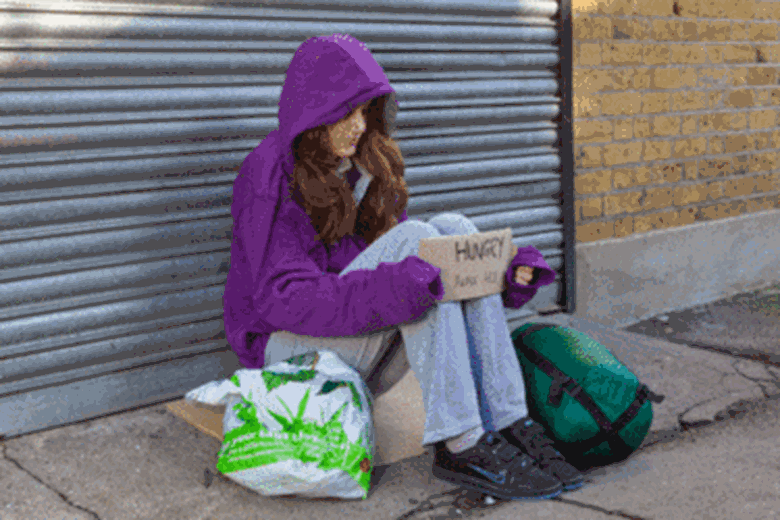Review criticises failings to tackle street grooming in Oxfordshire
Joe Lepper
Tuesday, March 3, 2015
More than 370 children have been at risk of child sexual exploitation (CSE) in Oxfordshire over the last 15 years, according to a damning report into the way victims were treated by police and children's services.

A serious case review published by Oxfordshire Local Safeguarding Children Board (LSCB) found a raft of failures between 2005 and 2010 across agencies in their protection and support for victims of street grooming and CSE.
The independent author of the report Alan Bedford found that child exploitation and street grooming was not understood by children’s professionals and police. This meant child victims were too often treated as young adults, with their accounts disbelieved or thought to be exaggerated.
Bedford says in the report that victims, many of whom had been in care or were missing from home, were seen as “very difficult girls making bad choices”.
At a senior level agencies across Oxfordshire “lacked a strategic overview of child sexual exploitation” and the SCR notes that it was only through the efforts of junior staff that led to the eventual identification of CSE victims.
Oxfordshire LSCB chair Maggie Blyth said: “What happened to the victims is deeply disturbing. It is shocking that these children were subjected to such appalling sexual exploitation for so long. On behalf of the board I would like to apologise for how long it took organisations in Oxfordshire to see what was happening to these children and bring the perpetrators to justice.
“It is clear that between 2005 and 2010, despite the efforts of some frontline staff working with children individually, there was no understanding of the type of abuse which later emerged, a culture across all organisations that failed to see that these children were being groomed in an organised way by groups of men and therefore there was no concerted or organised response across Oxfordshire agencies working with children against this terrible child abuse.”
The SCR was commissioned in 2012 after the police-led Operation Bullfinch identified 20 victims and eventually secured the convictions of seven members of a child sexual exploitation gang.
The SCR specifically looked at the experiences of six of the victims and responses from agencies involved and did praise efforts since 2010 by Oxfordshire County Council and police to learn from mistakes. This includes the setting up in 2012 of the multi-agency child sexual exploitation Kingfisher team as well as investment in training to help staff better understand CSE.
Jim Leivers, Oxfordshire County Council’s director for children, education and families, said the council accepted that “we made many mistakes and missed opportunities to stop the abuse”.
The Kingfisher team is currently working with 70 young victims and those at risk of sexual exploitation, Leivers added. In addition 7,500 staff have received CSE-specific training, including care workers, teachers and police.
Members of the Kingfisher team will be outlining their approach to tackling CSE at CYP Now's Tackling Child Sexual Exploitation conference later this month.
Maris Stratulis, British Association of Social Workers (BASW) England manager, described the report’s findings as “stark and shocking”.
She added: “This is another sad day for the social work profession. We share the public’s frustration as more failings are revealed and another pledge for lessons to be learned is made. Social workers on the ground are faced with an extremely tough job and it’s fair to say that we are only beginning to understand the true nature of child sexual exploitation.”
Jo Cleary, chair of The College of Social Work, warned against a “culture of complacency” that allowed exploitation and grooming to go unchecked for so long in Oxfordshire.
She said: “It is the absolute responsibility of senior politicians and managers to create organisational climates which enable professionals to do their jobs effectively, and escalate their concerns when services are not properly protecting children.”
Action for Children director of practice improvement, David Derbyshire said that too often children are blamed for abuse.
He added: “The impact of the terrors they suffered does not end when the abuse stops: children must be supported, and in some cases receive therapy, to ensure they are armed with the confidence and knowledge they need to help keep themselves safe and reach their full potential.”




